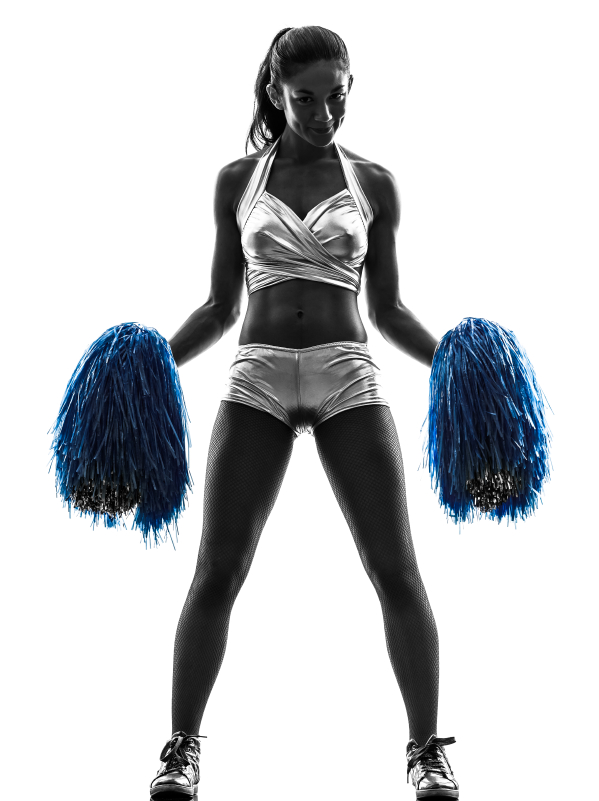Buffalo Jills Boo Bosses but Lawsuit Raises Question: Are NFL Cheerleaders "Employees" Protected by Minimum Wage Laws?

In a lawsuit filed on Tuesday, five Buffalo Jills cheerleaders claim that the Buffalo Bills NFL franchise and two companies that manage the squad are violating New York wage and hour laws. The Jills allege that they are "employees" for purposes of New York law and therefore must be paid the minimum wage - $8 per hour in New York – for their work as Jills. We have explored wage and hour laws – the federal Fair Labor Standards Act and similar state laws – here at Suits by Suits before but not the employee versus independent contractor distinction that is the key to many wage and hour cases and on which the Jills’ case could turn.
According to the Jills, the hours that they work include: eight hours per game day, eight hours per week for practice sessions, an unspecified number of hours per year for mandatory appearances at 20 to 35 corporate and charity events, and an unspecified number of hours per year teaching cheerleading to young girls in the "Junior Jills" workshop. The Jills say that, for these hours worked, they were paid far below the minimum wage – between $105 and $1,800 total per Jill for an entire year. The defendants will likely claim that they have no legal obligation to pay the Jills the minimum wage for hours worked because: (1) only employees are entitled to the minimum wage in New York, not independent contractors, and (2) the Jills are independent contractors. Number (1) is true as a legal matter. Number (2) raises what we lawyers call a "fact dispute" for a judge or jury to decide.
To resolve the employee v. independent contractor fact dispute, the court will consider a number of factors – summarized by the New York Department of Labor here – including, broadly speaking: the degree of supervision, direction and control exercised by the defendants over the Jills. The Jills’ allegations on this point are impressive and suggest a high degree of control over their lives as cheerleaders and their lives in general, best illustrated by a handbook provided by the defendants detailing (according to the Jills): 17 rules on general hygiene and body maintenance, 17 rules on appearance etiquette, 25 rules on formal dining etiquette and 17 rules for communicating with persons with disabilities. Check out the complaint for allegations about the mandatory weekly "Jiggle Test."
We will be looking to see how the defendants respond to the Jills’ allegations. Meanwhile, it is clear that the Jills are hoping that, with such a detailed handbook, a court would have to conclude that the degree of control exercised by the defendants over the Jills’ services establishes that they are employees, not independent contractors.
Information provided on InsightZS should not be considered legal advice and expressed views are those of the authors alone. Readers should seek specific legal guidance before acting in any particular circumstance.
As the regulatory and business environments in which our clients operate grow increasingly complex, we identify and offer perspectives on significant legal developments affecting businesses, organizations, and individuals. Each post aims to address timely issues and trends by evaluating impactful decisions, sharing observations of key enforcement changes, or distilling best practices drawn from experience. InsightZS also features personal interest pieces about the impact of our legal work in our communities and about associate life at Zuckerman Spaeder.
Information provided on InsightZS should not be considered legal advice and expressed views are those of the authors alone. Readers should seek specific legal guidance before acting in any particular circumstance.




